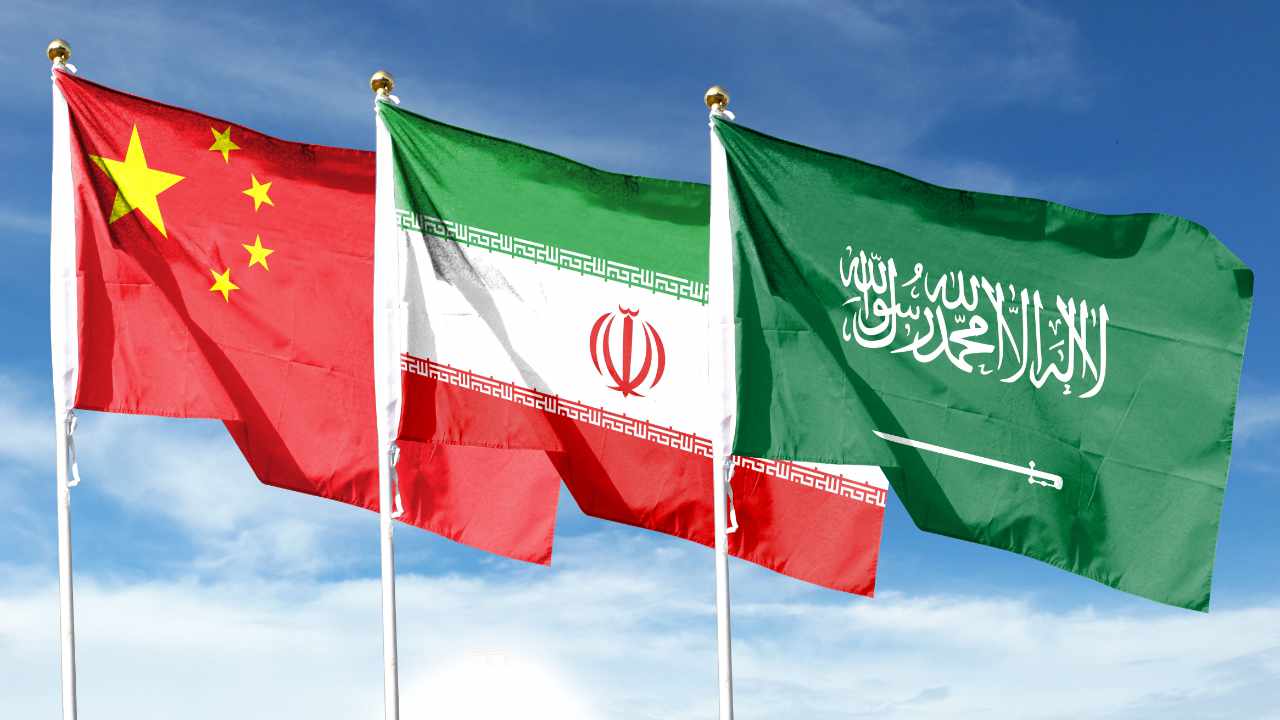A University of Tehran professor and member of Iran’s Presidential Delegation to China has stressed the importance of de-dollarization for the international community. “The dollar has been used as a weapon by the U.S. against different countries. It is unreliable and it is dangerous,” the professor warned.
Iranian Professor Stresses the Importance of De-Dollarization
Professor Mohammad Marandi discussed de-dollarization and Iran’s relations with Saudi Arabia and China in an interview with Chinese government-owned news outlet Global Times, published Wednesday. He is an Iranian American academic who is the University of Tehran’s Vice President for International Affairs and a member of Iran’s Presidential Delegation to China.
Commenting on the de-dollarization trend in several parts of the world, Marandi emphasized:
De-dollarization is very important for the international community, because the dollar has been used as a weapon by the U.S. against different countries. It is unreliable and it is dangerous.
“Therefore, countries like China, Iran, and Russia among many others, need to move away from the dollar so that the U.S. cannot use it as a weapon against them … The U.S. should not be allowed to use the dollar to put pressure on other countries,” the professor added.
The restoration of bilateral ties between Saudi Arabia and Iran, brokered by China in March, has been seen as a significant step towards peace in the long period of turbulence in the Middle East.
“Iran already sells a substantial amount of petroleum using currencies other than the U.S. dollar,” Marandi continued. “I think for Saudi Arabia, ultimately it will be in its best interests to move away from the dollar as well in order to make sure that it is not vulnerable or less vulnerable to the U.S.” The professor opined:
If the rapprochement continues, then I think the chances for Saudi Arabia to join the camp of de-dollarization increases substantially.
Moreover, he said: “Since China is a major energy importer from the Gulf region, it would be ideal for China to be able to use China’s yuan to import energy from the region.”
What do you think of Professor Mohammad Marandi’s view? Let us know in the comments section below.
Image Credits: Shutterstock, Pixabay, Wiki Commons
Disclaimer: This article is for informational purposes only. It is not a direct offer or solicitation of an offer to buy or sell, or a recommendation or endorsement of any products, services, or companies. Bitcoin.com does not provide investment, tax, legal, or accounting advice. Neither the company nor the author is responsible, directly or indirectly, for any damage or loss caused or alleged to be caused by or in connection with the use of or reliance on any content, goods or services mentioned in this article.
Read disclaimer
